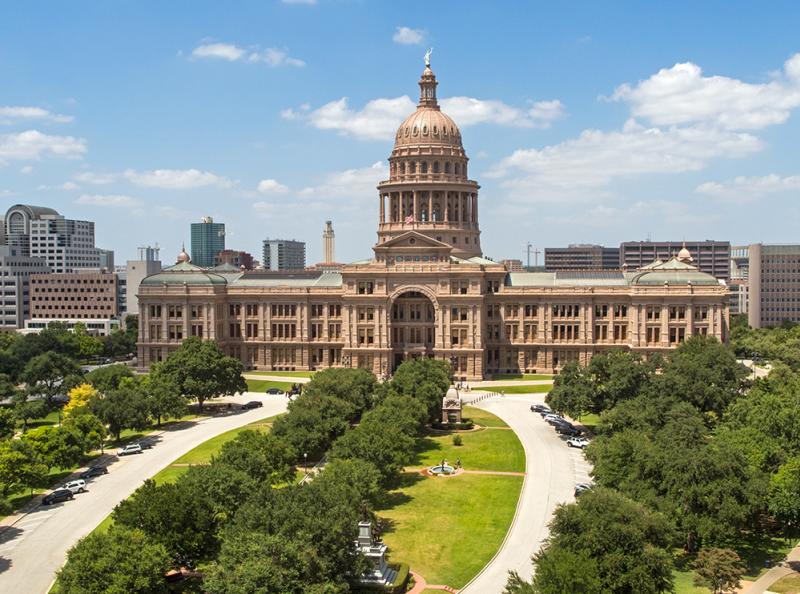Legislature set to draw new political maps in 3rd special session
Published 3:24 pm Tuesday, September 21, 2021
|
Getting your Trinity Audio player ready...
|
Returning to Austin Monday for their third extra session of the year, lawmakers will attempt to draw new district lines for Congress and state House and Senate districts in the face of a rapidly approaching primary season. Delays from COVID-19 and court challenges pushed the release of critical US Census data back months and made redistricting during the regular session impossible. While there is still time to draw maps and make the scheduled March primary dates, last session the Legislature approved two back-up primary election dates in April and May should the contentious process drag on.
According to the 2020 Census, Texas total population in 2020 grew to 29.1 million, up by more than 4 million over the last decade, with most of that growth coming from minority groups. Sixty-two percent of Texans identified themselves in as white, along with 12 percent identifying as black, 18 percent Hispanic, and 6 percent Asian. While the state became more diverse ethnically, it also got older, seeing a 10 percent increase in the adult population but a 1.4 percent decline in under-18 residents.
Texas was the big winner according to the census congressional reapportionment data, being the only state that will add to two seats to its congressional delegation, thanks to its seven percent increase in population. Florida, Oregon, Montana, North Carolina, and Colorado will each gain a seat in Congress, while California, New York, Illinois, West Virginia, Ohio, Pennsylvania, and Michigan will each lose one.
The Texas Senate is set to open a third round of public input hearings regarding proposed maps starting later this week.
While much slimmer than the special session agendas of the summer, this session still has a few extra issues added by Governor Greg Abbott. Back before the Legislature for the fourth time is a bill that would require boys and girls to compete in scholastic sports based on the biological sex listed on their original birth certificate. That measure has been approved by the Senate three times but has yet to pass the House. The governor also wants to see legislation that would address the issue of local governments implementing COVID vaccine mandates. He has also given lawmakers latitude to continue to appropriate federal COVID aid dollars.
The last issue on the governor’s initial call recalls an issue from the regular session: animal cruelty – specifically the unlawful restraint of dogs. SB 474, by Brownsville Senator Eddie Lucio, Jr., would have created state standards for adequate shelter, humane collars and leashes, and treatment for dogs left outside. It would have made it illegal to use a chain to restrain a dog outside, and would have required adequate shelter, shade, and water for the animal. The governor vetoed the bill saying it was far too prescriptive. “Senate Bill 474 would require all dog owners, on pain of criminal penalties, to monitor things like the tailoring of the dog’s collar, the time a dog spends in the bed of a truck, and the ratio of tether-to-dog length, as measured from the tip of the nose to the base of the tail,” read the governor’s veto statement. “Texas has no place for this type of micro-management and over-criminalization.” For the fall session, Abbott has placed the issue back before the Legislature, asking for a bill that protects dogs from inhumane restraint or confinement while addressing the concerns listed in his veto statement. The Senate Criminal Justice Committee passed a measure identical to SB 474 on Monday. Lucio told members he will introduce amendments that address the governor’s concerns when the measure comes up before the full Senate.
The Senate reconvened Tuesday, September 21 at 12 p.m.






